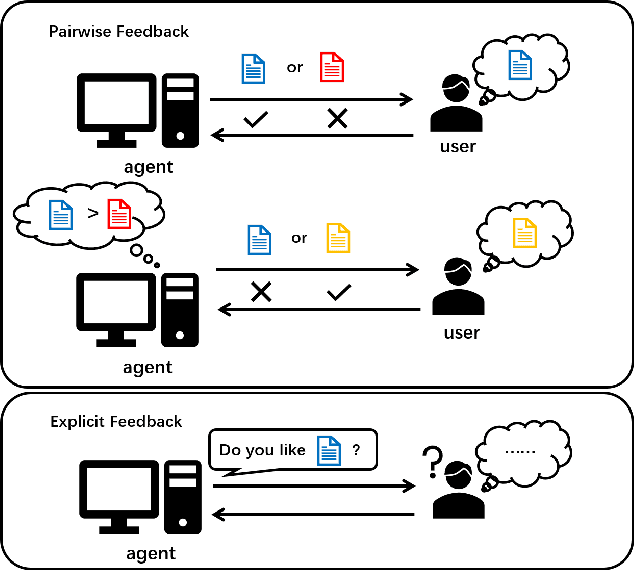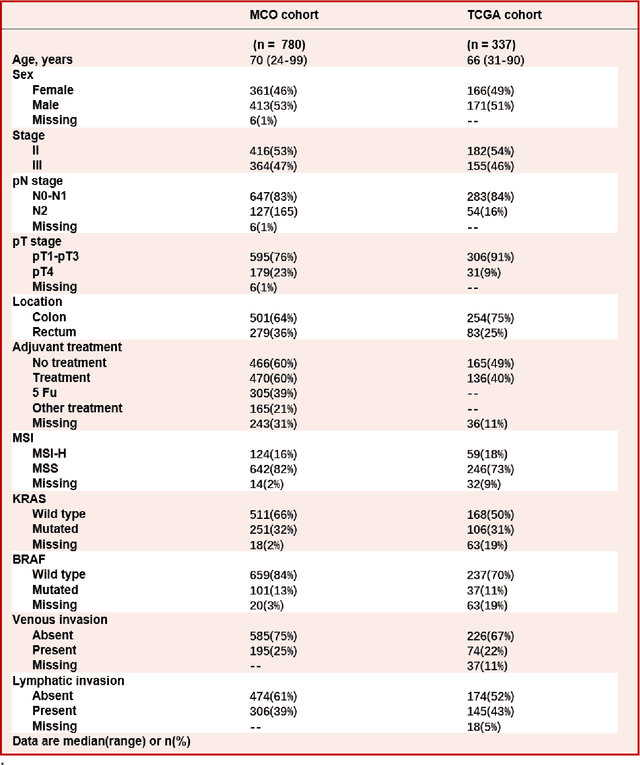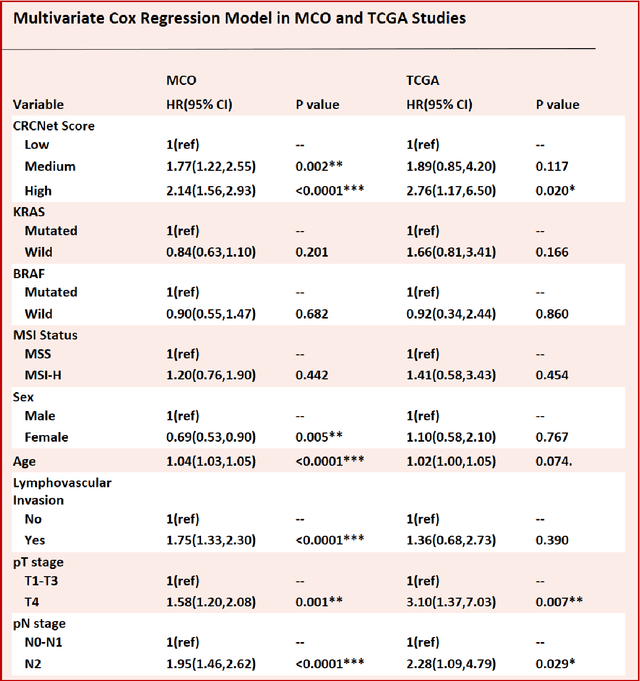Shuhua Yang
Query-Efficient Agentic Graph Extraction Attacks on GraphRAG Systems
Jan 21, 2026Abstract:Graph-based retrieval-augmented generation (GraphRAG) systems construct knowledge graphs over document collections to support multi-hop reasoning. While prior work shows that GraphRAG responses may leak retrieved subgraphs, the feasibility of query-efficient reconstruction of the hidden graph structure remains unexplored under realistic query budgets. We study a budget-constrained black-box setting where an adversary adaptively queries the system to steal its latent entity-relation graph. We propose AGEA (Agentic Graph Extraction Attack), a framework that leverages a novelty-guided exploration-exploitation strategy, external graph memory modules, and a two-stage graph extraction pipeline combining lightweight discovery with LLM-based filtering. We evaluate AGEA on medical, agriculture, and literary datasets across Microsoft-GraphRAG and LightRAG systems. Under identical query budgets, AGEA significantly outperforms prior attack baselines, recovering up to 90% of entities and relationships while maintaining high precision. These results demonstrate that modern GraphRAG systems are highly vulnerable to structured, agentic extraction attacks, even under strict query limits.
BioMol-MQA: A Multi-Modal Question Answering Dataset For LLM Reasoning Over Bio-Molecular Interactions
Jun 06, 2025



Abstract:Retrieval augmented generation (RAG) has shown great power in improving Large Language Models (LLMs). However, most existing RAG-based LLMs are dedicated to retrieving single modality information, mainly text; while for many real-world problems, such as healthcare, information relevant to queries can manifest in various modalities such as knowledge graph, text (clinical notes), and complex molecular structure. Thus, being able to retrieve relevant multi-modality domain-specific information, and reason and synthesize diverse knowledge to generate an accurate response is important. To address the gap, we present BioMol-MQA, a new question-answering (QA) dataset on polypharmacy, which is composed of two parts (i) a multimodal knowledge graph (KG) with text and molecular structure for information retrieval; and (ii) challenging questions that designed to test LLM capabilities in retrieving and reasoning over multimodal KG to answer questions. Our benchmarks indicate that existing LLMs struggle to answer these questions and do well only when given the necessary background data, signaling the necessity for strong RAG frameworks.
A Heterogeneous Multimodal Graph Learning Framework for Recognizing User Emotions in Social Networks
Jan 13, 2025



Abstract:The rapid expansion of social media platforms has provided unprecedented access to massive amounts of multimodal user-generated content. Comprehending user emotions can provide valuable insights for improving communication and understanding of human behaviors. Despite significant advancements in Affective Computing, the diverse factors influencing user emotions in social networks remain relatively understudied. Moreover, there is a notable lack of deep learning-based methods for predicting user emotions in social networks, which could be addressed by leveraging the extensive multimodal data available. This work presents a novel formulation of personalized emotion prediction in social networks based on heterogeneous graph learning. Building upon this formulation, we design HMG-Emo, a Heterogeneous Multimodal Graph Learning Framework that utilizes deep learning-based features for user emotion recognition. Additionally, we include a dynamic context fusion module in HMG-Emo that is capable of adaptively integrating the different modalities in social media data. Through extensive experiments, we demonstrate the effectiveness of HMG-Emo and verify the superiority of adopting a graph neural network-based approach, which outperforms existing baselines that use rich hand-crafted features. To the best of our knowledge, HMG-Emo is the first multimodal and deep-learning-based approach to predict personalized emotions within online social networks. Our work highlights the significance of exploiting advanced deep learning techniques for less-explored problems in Affective Computing.
Conversational Dueling Bandits in Generalized Linear Models
Jul 26, 2024



Abstract:Conversational recommendation systems elicit user preferences by interacting with users to obtain their feedback on recommended commodities. Such systems utilize a multi-armed bandit framework to learn user preferences in an online manner and have received great success in recent years. However, existing conversational bandit methods have several limitations. First, they only enable users to provide explicit binary feedback on the recommended items or categories, leading to ambiguity in interpretation. In practice, users are usually faced with more than one choice. Relative feedback, known for its informativeness, has gained increasing popularity in recommendation system design. Moreover, current contextual bandit methods mainly work under linear reward assumptions, ignoring practical non-linear reward structures in generalized linear models. Therefore, in this paper, we introduce relative feedback-based conversations into conversational recommendation systems through the integration of dueling bandits in generalized linear models (GLM) and propose a novel conversational dueling bandit algorithm called ConDuel. Theoretical analyses of regret upper bounds and empirical validations on synthetic and real-world data underscore ConDuel's efficacy. We also demonstrate the potential to extend our algorithm to multinomial logit bandits with theoretical and experimental guarantees, which further proves the applicability of the proposed framework.
A Retrospective Analysis using Deep-Learning Models for Prediction of Survival Outcome and Benefit of Adjuvant Chemotherapy in Stage II/III Colorectal Cancer
Nov 05, 2021

Abstract:Most early-stage colorectal cancer (CRC) patients can be cured by surgery alone, and only certain high-risk early-stage CRC patients benefit from adjuvant chemotherapies. However, very few validated biomarkers are available to accurately predict survival benefit from postoperative chemotherapy. We developed a novel deep-learning algorithm (CRCNet) using whole-slide images from Molecular and Cellular Oncology (MCO) to predict survival benefit of adjuvant chemotherapy in stage II/III CRC. We validated CRCNet both internally through cross-validation and externally using an independent cohort from The Cancer Genome Atlas (TCGA). We showed that CRCNet can accurately predict not only survival prognosis but also the treatment effect of adjuvant chemotherapy. The CRCNet identified high-risk subgroup benefits from adjuvant chemotherapy most and significant longer survival is observed among chemo-treated patients. Conversely, minimal chemotherapy benefit is observed in the CRCNet low- and medium-risk subgroups. Therefore, CRCNet can potentially be of great use in guiding treatments for Stage II/III CRC.
Deep Probabilistic Time Series Forecasting using Augmented Recurrent Input for Dynamic Systems
Jun 03, 2021



Abstract:The demand of probabilistic time series forecasting has been recently raised in various dynamic system scenarios, for example, system identification and prognostic and health management of machines. To this end, we combine the advances in both deep generative models and state space model (SSM) to come up with a novel, data-driven deep probabilistic sequence model. Specially, we follow the popular encoder-decoder generative structure to build the recurrent neural networks (RNN) assisted variational sequence model on an augmented recurrent input space, which could induce rich stochastic sequence dependency. Besides, in order to alleviate the issue of inconsistency between training and predicting as well as improving the mining of dynamic patterns, we (i) propose using a hybrid output as input at next time step, which brings training and predicting into alignment; and (ii) further devise a generalized auto-regressive strategy that encodes all the historical dependencies at current time step. Thereafter, we first investigate the methodological characteristics of the proposed deep probabilistic sequence model on toy cases, and then comprehensively demonstrate the superiority of our model against existing deep probabilistic SSM models through extensive numerical experiments on eight system identification benchmarks from various dynamic systems. Finally, we apply our sequence model to a real-world centrifugal compressor sensor data forecasting problem, and again verify its outstanding performance by quantifying the time series predictive distribution.
 Add to Chrome
Add to Chrome Add to Firefox
Add to Firefox Add to Edge
Add to Edge